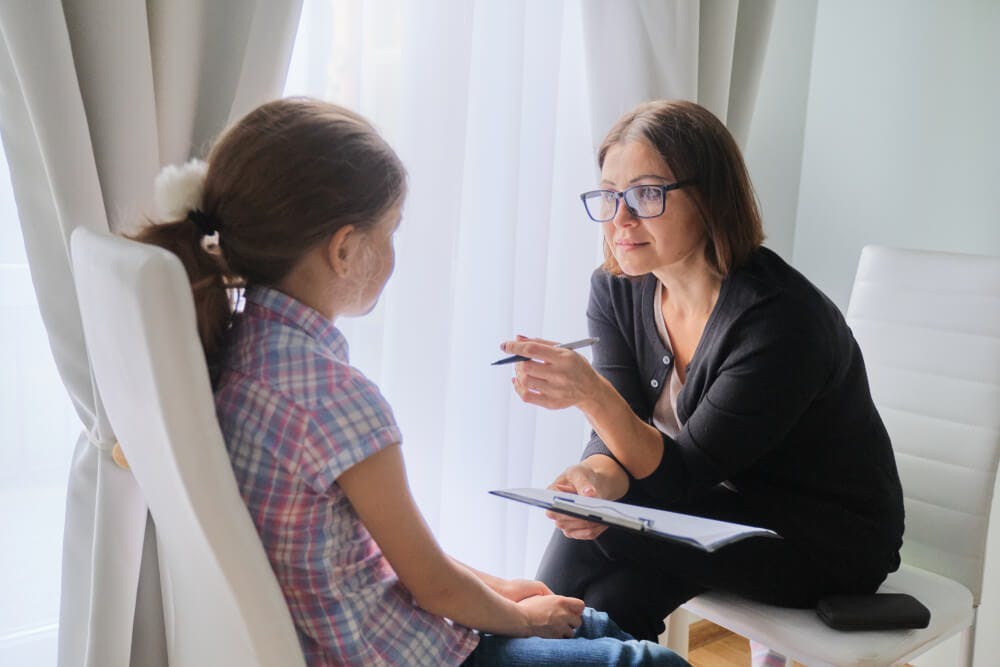Are you using the internet safely?
By Helen Hughes
The annual Safer Internet Day took place on Tuesday 9 February 2021, and this year there were 14 other countries along with the UK that celebrated this day with the aim of trying to make all internet users aware of their responsibilities so that we can collectively make it a safer place to work and play. “Together for a Better Internet” was this year’s theme with the hope that through awareness and education they would be able to encourage everyone to participate in making the most of the internet’s potential in bringing people together in a safe manner.

This is especially important considering the vast majority of children in this country have spent a considerable amount of ‘school time’ online over the last year. Children and their carers need to be aware of the safety issues surrounding use of the internet.
Whilst the internet can be a fantastic resource to many people; sadly it is also a resource that is misused by certain sections of society. For this reason it is important that we all ensure that we use the internet safely and appropriately to protect ourselves.
The risks of not being aware of safety issues surrounding the internet could result in you or your family becoming the victim of a range of offences such as identity theft, invasion of privacy, cyber bullying, children and young people being exposed to offensive images and messages and ultimately strangers approaching people via the internet with the intention of grooming and sexually abused them.
Most of the basics regarding keeping safe online, are obvious and simple however it is still worth reminding ourselves of these principles from time to time:
- Do not disclose personal information. You wouldn’t stand in the street handing out all of your personal details to strangers passing by, so don’t do it to millions of people online.
- Make sure you check your privacy settings and keep them up to date. Remember to only browse on secure internet sites. In the same way that you wouldn’t walk through a dangerous part of the city; don’t visit dangerous or dodgy sites online.
- Be careful what you download. Cyber criminals are constantly using malware to steal information. These can be disguised as games, text messages or attachments.
- Make sure that any online accounts have strong passwords. Ideally passwords should be at least 15 characters long and contain a mix of letters, numbers and special characters.
- Be very careful about who you meet online. It goes without saying that people online are not always who they claim to be.
Unfortunately the sexual exploitation and abuse of children online continues to grow. Victims and their families can be left with lifelong difficulties as a result.
In relation to online abuse, this is usually carried out by individuals working alone who get access children, and other vulnerable people, through both the mainstream internet and the dark web. These offenders will make contact with children using sophisticated pieces of equipment to help protect their own anonymity, whilst preying upon children.
Due to the nature of online sexual abuse, many young people understandably feel very frightened or embarrassed about reporting the abuse. Children can also sometimes be tricked into encouraging other children to take part in the exploitation.
Policing abuse of this nature is time consuming and sensitive work. The National crime agency (NCA) actively investigates abuse of this nature as well as seeking to educate both children and adults. It is the responsibility of everyone involved in the looking after and safe guarding of children to teach children how to use the internet and its vast array of resources responsibly and safely. By teaching children how to be safe online you are enabling them to protect themselves and to hopefully minimise offending opportunities.
If you would like more information about how to use the internet safely then you can look at the following resources:
https://www.nspcc.org.uk/keeping-children-safe/online-safety/
https://www.bbc.co.uk/cbeebies/grownups/article-internet-use-and-safety
https://www.saferinternet.org.uk/
If you have been involved in online exploitation or abuse and would like to speak to someone in confidence then you can contact us on 0800 138 4700 or email help@switalskis.com



